A research team have reported a novel and versatile strategy to assemble inorganic NPs into sub-50 nm vesicles.
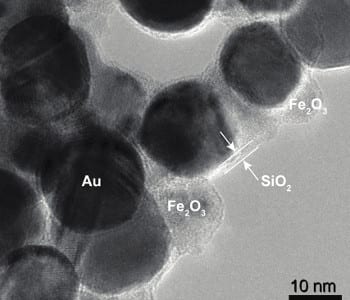
Near-IR plasmonic nanoparticles kill tumour tissue
ETH researchers have developed plasmonic particles that are relatively easy to produce and have a wide range of applications, including cancer treatment.
Funding to develop anti-heart-disease nanoparticles
A study to investigate how nanoparticles could be used to improve the diagnosis and treatment of cardiovascular disease has received £3 million funding.
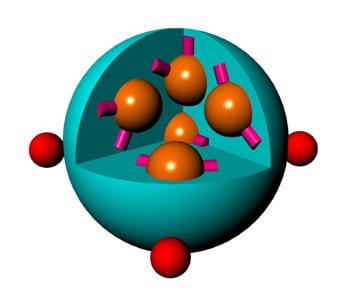
Glutathione-sensitive nanoparticles get drugs straight to the source of cancer
Korean scientists have developed a tumor-targeted, bioreducible nanoparticle system that can deliver cytotoxic anticancer drugs to tumor tissues.
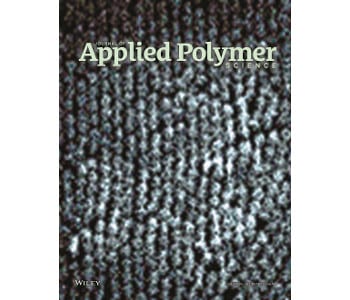
Enhanced oil recovery with polymer-coated nanoparticles
Recent research into the use of polymer-coated nanoparticles for enhanced oil recovery is reviewed in the Journal of Applied Polymer Science.
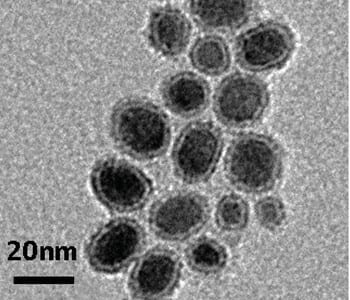
Iron carbide nanoparticles: a new platform for tumor theranostics
New core/shell structure nanoparticles have been reported by a team led by Peking University researchers.
Nanoparticles enable eye drops for macular degeneration treatment
Drugs used to treat blindness-causing disorders could be successfully administered by eye drops rather than unpleasant and expensive eye injections.
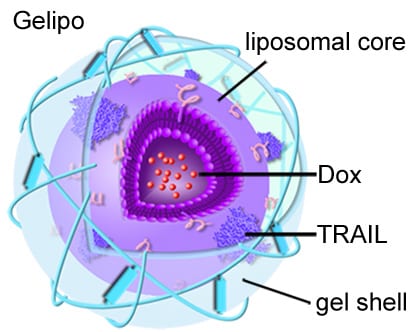
New nanoparticles can deliver multiple anti-cancer drugs
Nanoparticles can carry two different anti-cancer drugs and deliver them to separate parts of the cancer cell where they will be most effective.
Nanoparticles that slip through the vaginal mucus barrier to fight cervical cancer
Researchers develop polymer-based mucus-penetrating particles (MPP) loaded with paclitaxel, a frontline chemo drug.

Molecular motor can walk nanoparticles along nanotubes
Researchers have created a new type of molecular motor made of DNA and used it it to transport a nanoparticle along the length of a carbon nanotube.










